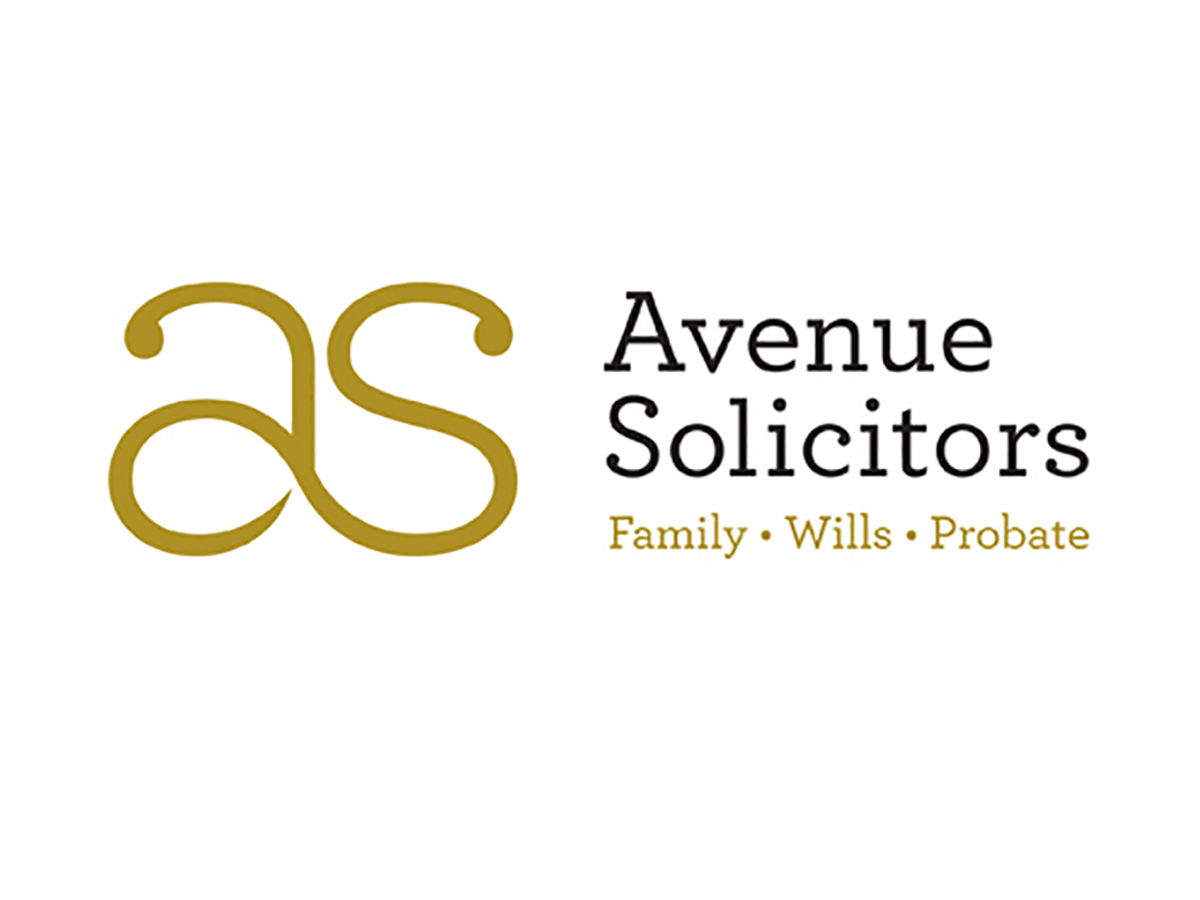Neighbour Dispute Law Explained

Unfortunately, it's not always possible to live in harmony with your neighbours, and when disputes arise they can result in a great deal of ill feeling. Disputes with neighbours fall under the category of civil disputes, and the usual way to resolve them is via negotiation or mediation. Most disputes between neighbours can be solved without legal intervention, but sometimes it's helpful to get legal advice even if you don't intend to pursue the issue to the point of taking your neighbour to court.
Neighbour disputes can range from minor issues such as occasional noise problems, to practical problems such as boundary disputes, to serious issues such as harassment or violent behaviour. Some common kinds of neighbour disputes include: disputes over who is responsible for shared amenities such as a drain, pipe, or drive; boundary disputes; and nuisance-related disputes such as excessive noise, or an overgrowth of hedges or trees that block your view.
Note that for the nuisance law to apply, it has to be an unreasonable nuisance. For instance, if you move next door to a pub or bar, you can't claim that high levels of noise are an unreasonable nuisance. On the other hand, if the family who lives next door to you plays loud music late at night, that qualifies as an unreasonable nuisance.
Resolving A Neighbour Dispute
Resolving a dispute between neighbours can be difficult, as it's sometimes hard to strike a balance between getting the result you want, and remaining on good terms with your neighbours. There are a number of steps you can go through to resolve a dispute with a neighbour, some—but not all—of which involve the legal system.
Disputes over hedges or trees must be dealt with in a specific way. Generally, you can trim branches or roots from your neighbour's hedge or tree, but only up to the point that they intrude onto your property. If your view is blocked by a neighbour's tree, the neighbour could take you to court if you cut any part of the tree that's on their own property. In addition, in conservation areas you may need council permission to trim any trees or hedges. In all cases it's a good idea to consult your council before trimming any hedges or trees.
Informal resolution
Generally, it's advised to first try and solve your problem person-to-person in an informal way, by talking to your neighbour. If you have any concerns about approaching your neighbour in person, you may wish to send a letter instead. Try to find out if any of your other neighbours are affected by the problem too, and see if they're willing to help in some way.
If your neighbour is a tenant in a rented home, and talking to them doesn't resolve the dispute, another possibility is to contact their landlord for assistance.
Consult a solicitor
In some situations, you may want to consult a solicitor before taking any action, or if talking to your neighbour doesn't resolve the dispute. For instance, if your neighbour doesn't take your complaint seriously, advising your solicitor to send a letter may be an effective solution. Consulting a solicitor is also helpful in situations where some details of the dispute aren't clear; for instance, if there's disagreement over shared amenities or a property boundary, it may be a good idea to consult a solicitor before taking any other action.
Mediation
If talking to your neighbour doesn't resolve the issue, the next step is to try mediation. This process is a meeting between you and your neighbour, facilitated by a trained mediator who helps you reach an agreement. Depending on where you live, you may be able to access a mediation service through your council or housing association. Another option is to set up a mediation session through your solicitor.
Talk to your local authority
If your neighbour is being a public nuisance, or engaging in an activity that is damaging to your health, this may qualify as a statutory nuisance, which means you can apply to the council for help if you can't resolve the problem through talking or mediation. Examples of statutory nuisance include loud music, barking dogs, smoke or gases, or a large build-up of rubbish.
If the council investigates and finds that the neighbour is causing a statutory nuisance they may issue an abatement notice, and may impose penalties if the notice is not complied with.
Take court action
In civil disputes, taking action via the courts is a last resort, in part because this option is typically the most expensive. Litigation requires first that you file a claimant form to start the process, and then gather evidence to support your case. In court, you and your neighbour—or your solicitors— each present your evidence to a judge, who makes a legally binding decision based on the evidence.
Abuse and discrimination
If you think you are being abused or discriminated against on the basis of your race or religion, or if the dispute has ever involved any kind of violence, consider notifying the police in order to protect yourself.
How Can A Solicitor Help?
If your dispute can be resolved easily by talking to your neighbour, it may not be necessary to contact a law firm for further advice. However, if your dispute is complicated, or becomes acrimonious, having a solicitor to represent your interests can be helpful. A solicitor can help in several ways, for instance, they can:
- Provide legal advice, and let you know if you have a valid claim
- Research any issues relating to your dispute, such as property boundaries, rights-of-way, or amenity ownership
- Correspond with your neighbour to try and reach an agreement
- Help you initiate mediation, and represent you during the mediation process
- Help you decide whether or not to pursue your case in court, if other methods fail to resolve the dispute
- Help you complete and file paperwork and documentation relating to your court case
- Represent you in court, and present the evidence associated with your case
- Negotiate on your behalf if the case involves a settlement



